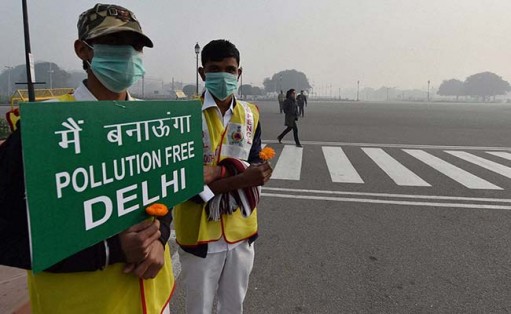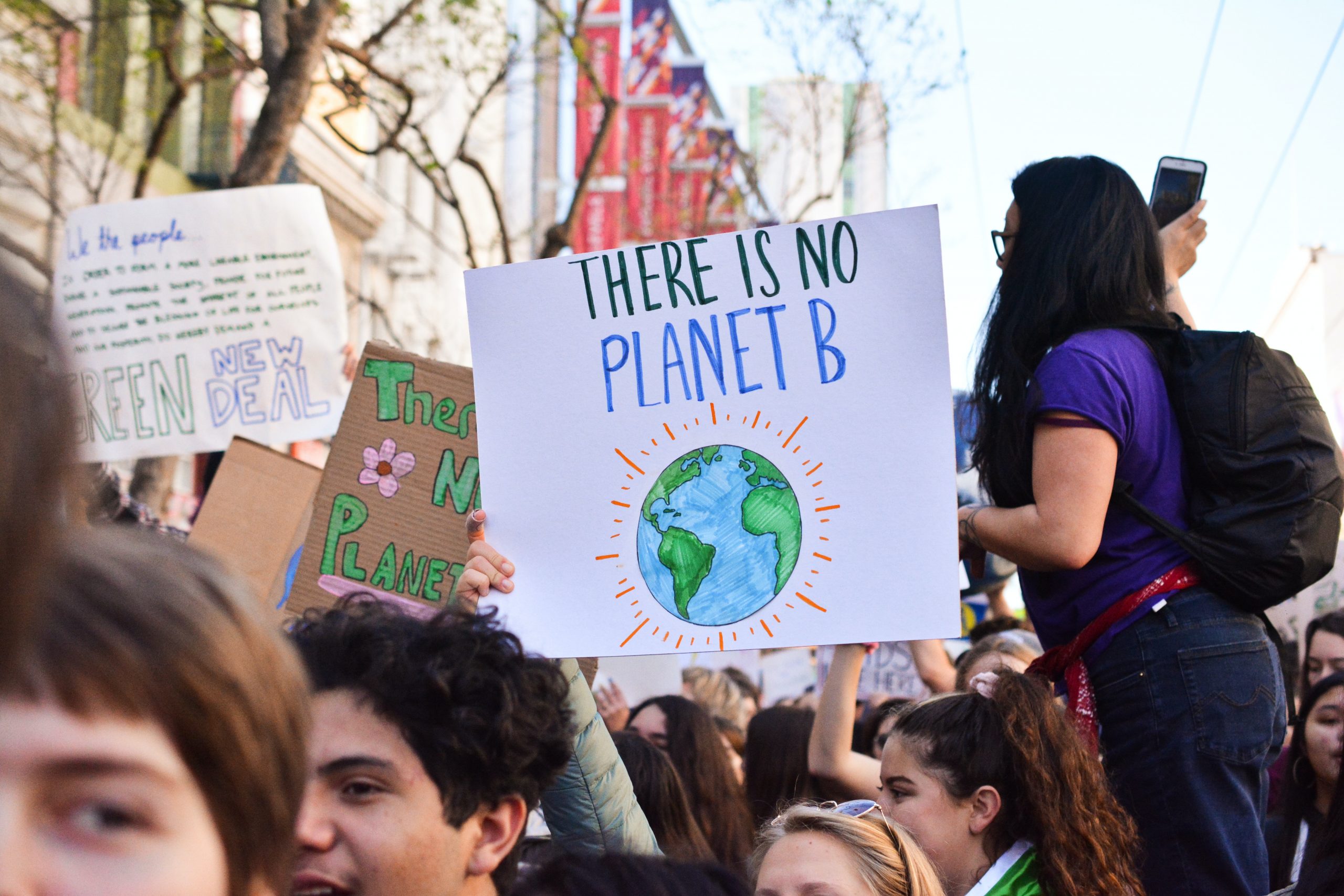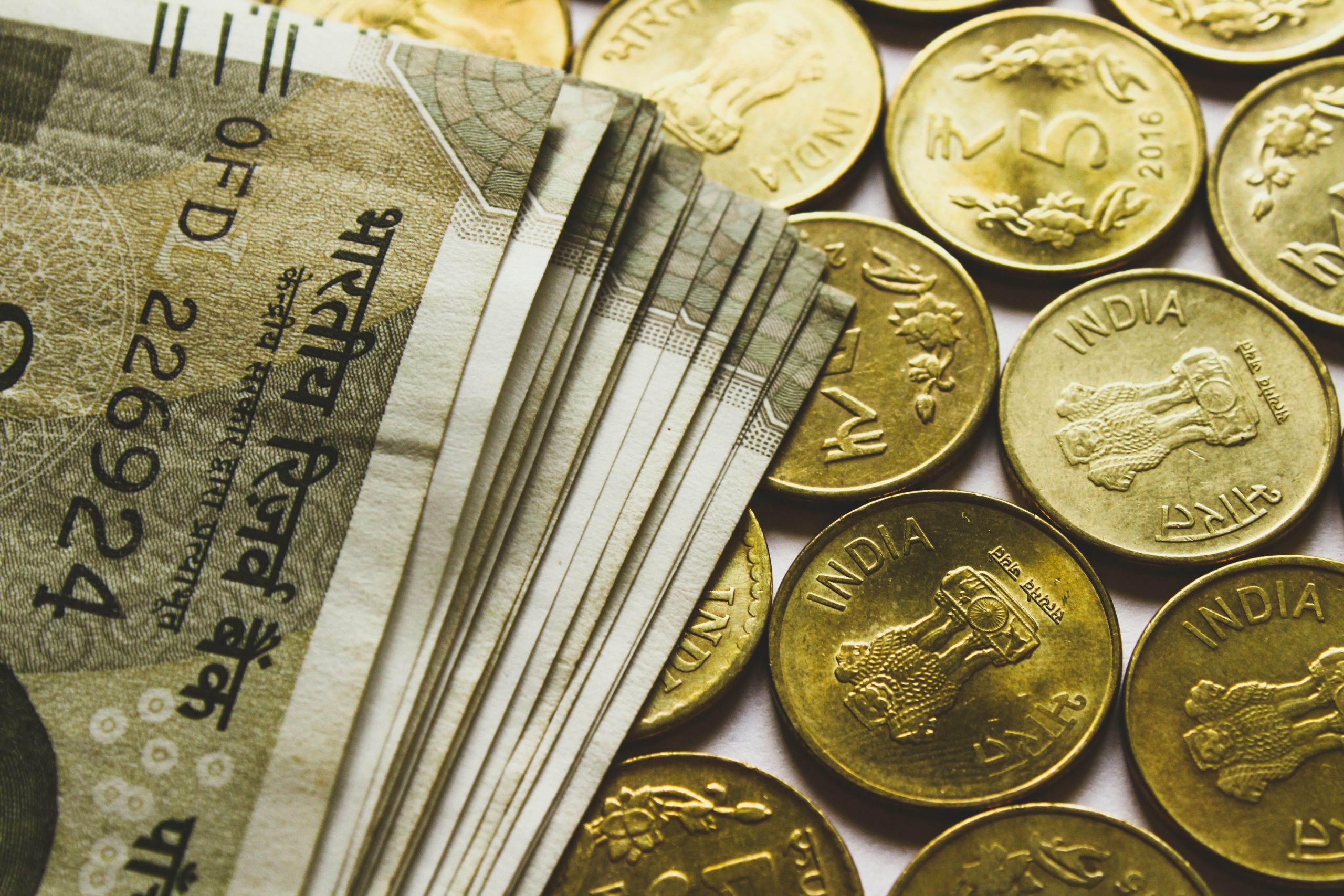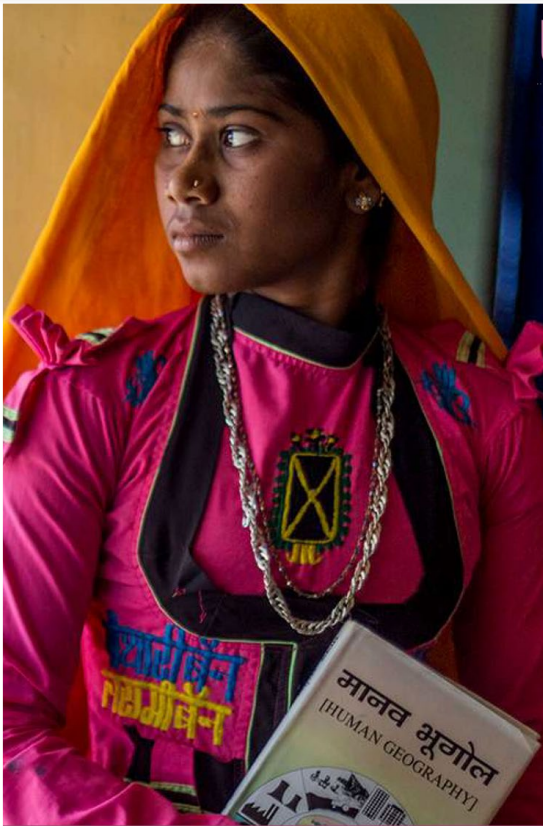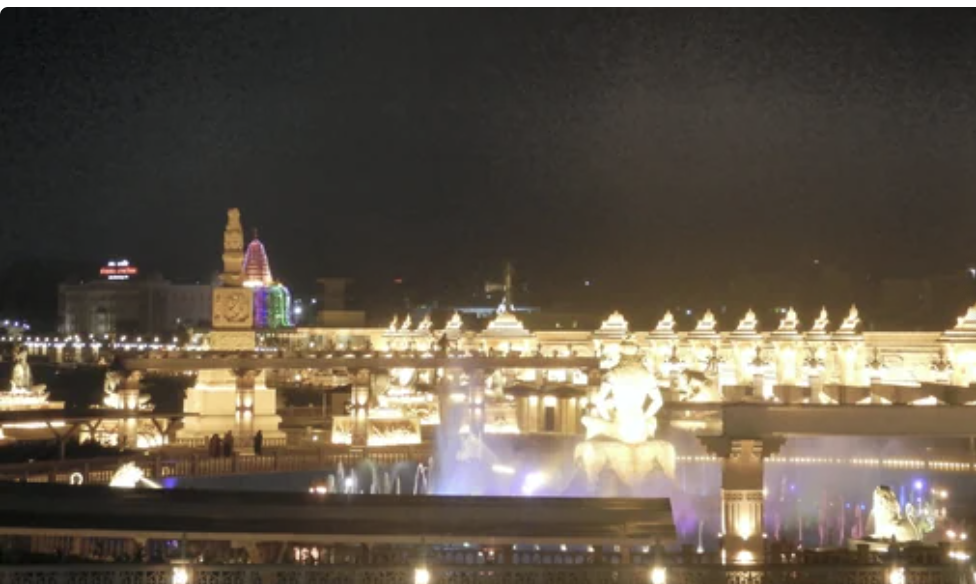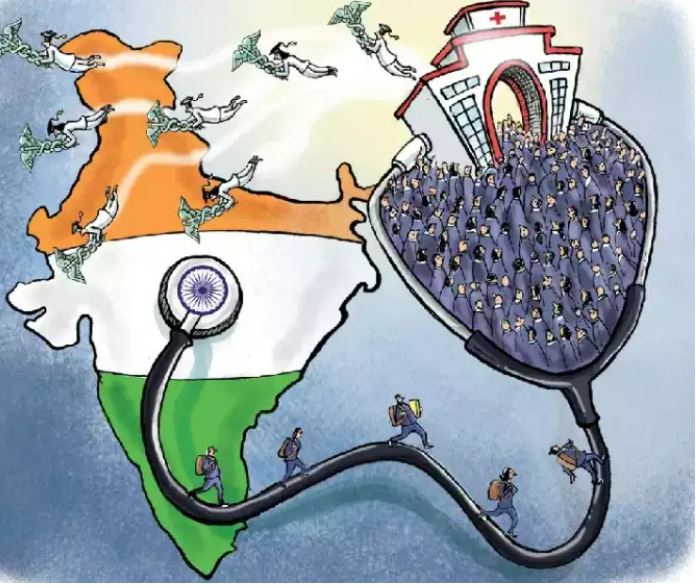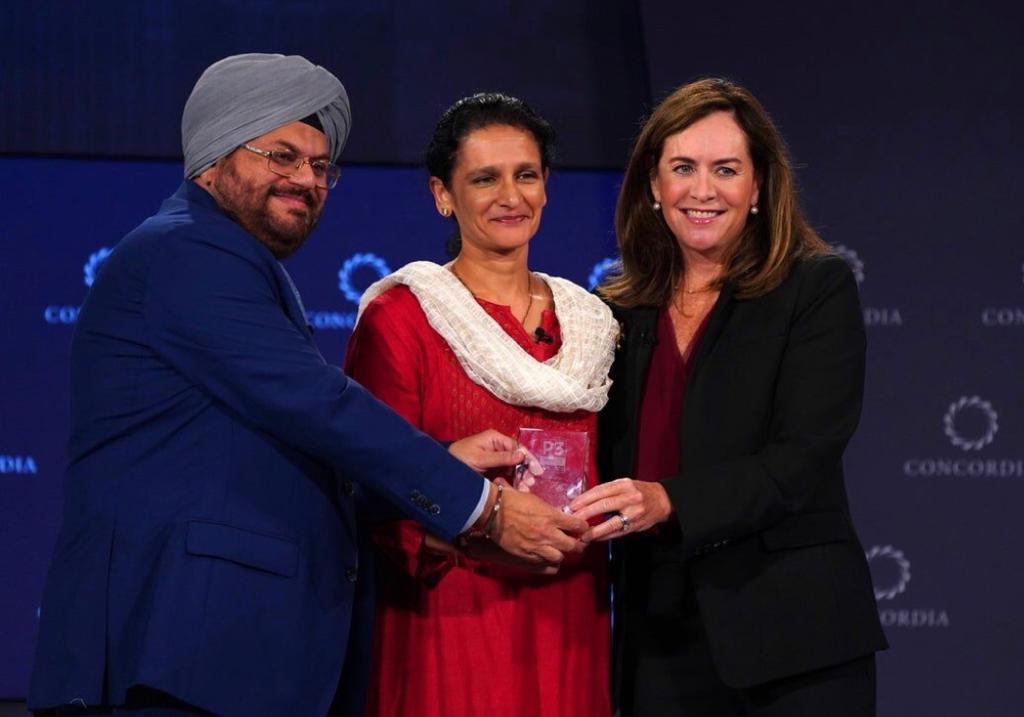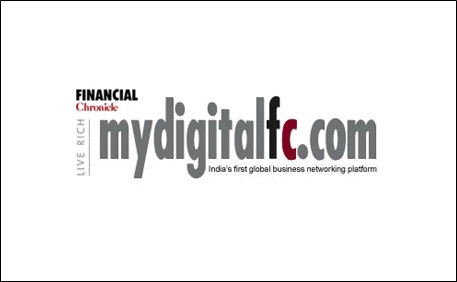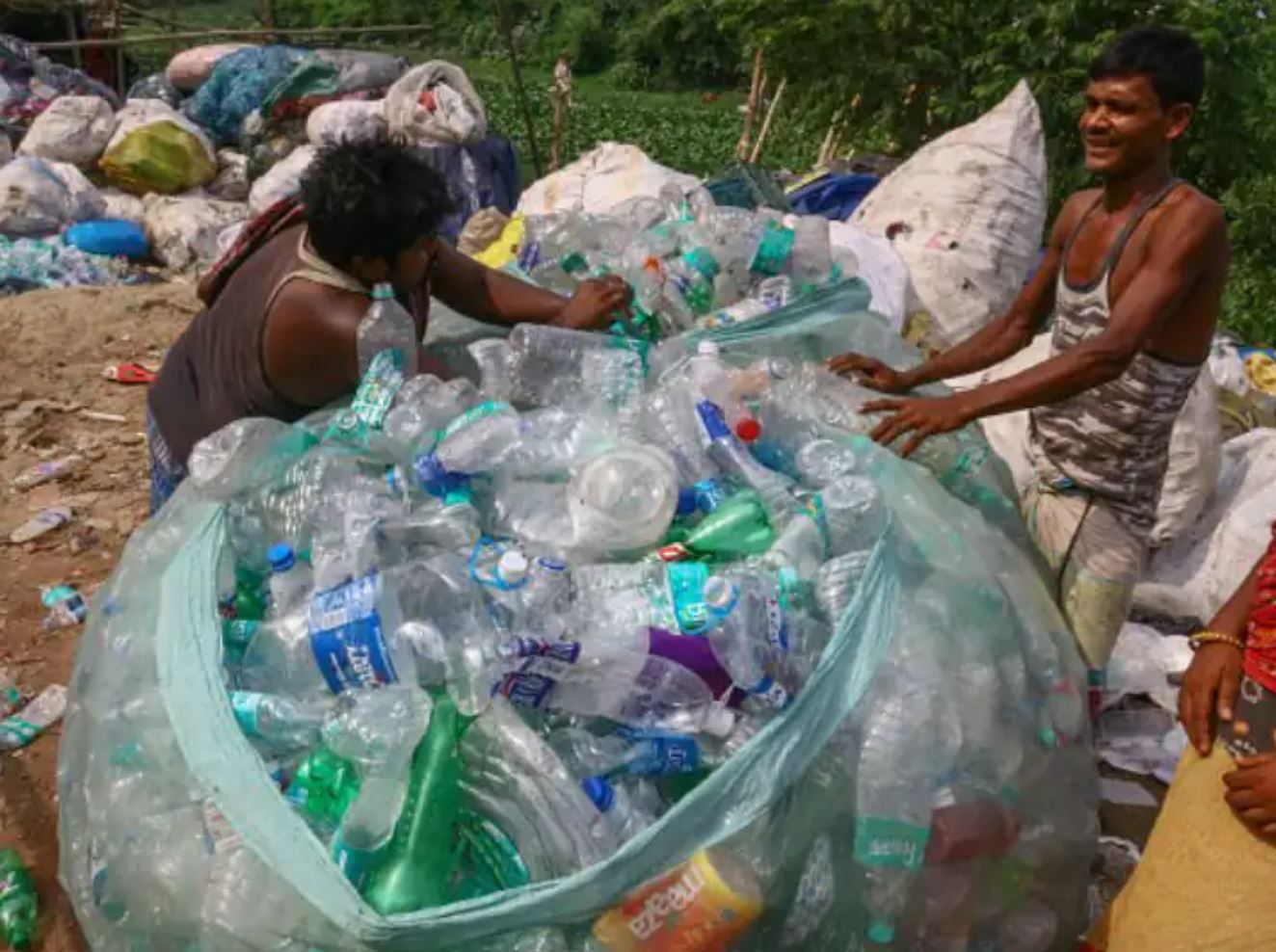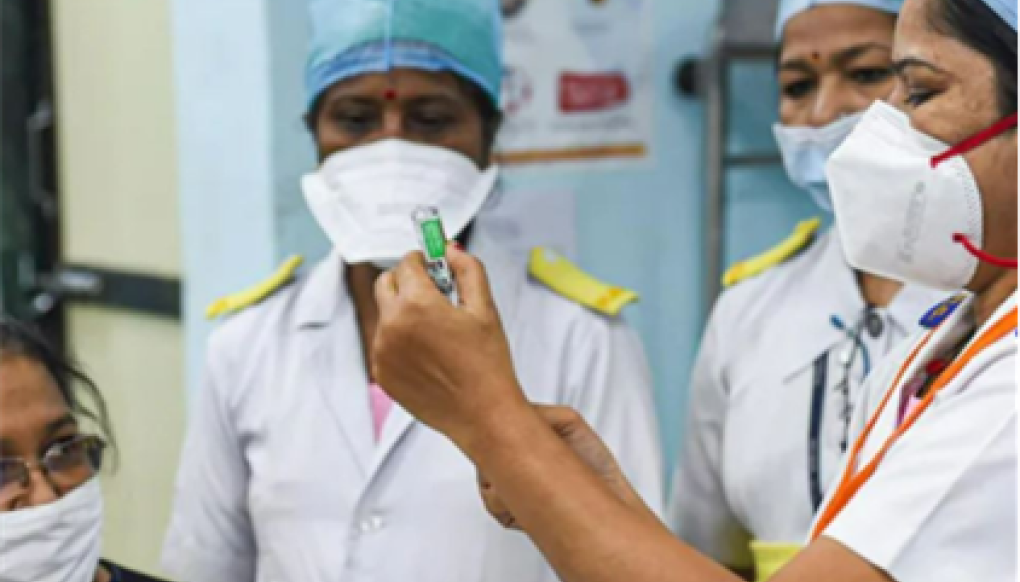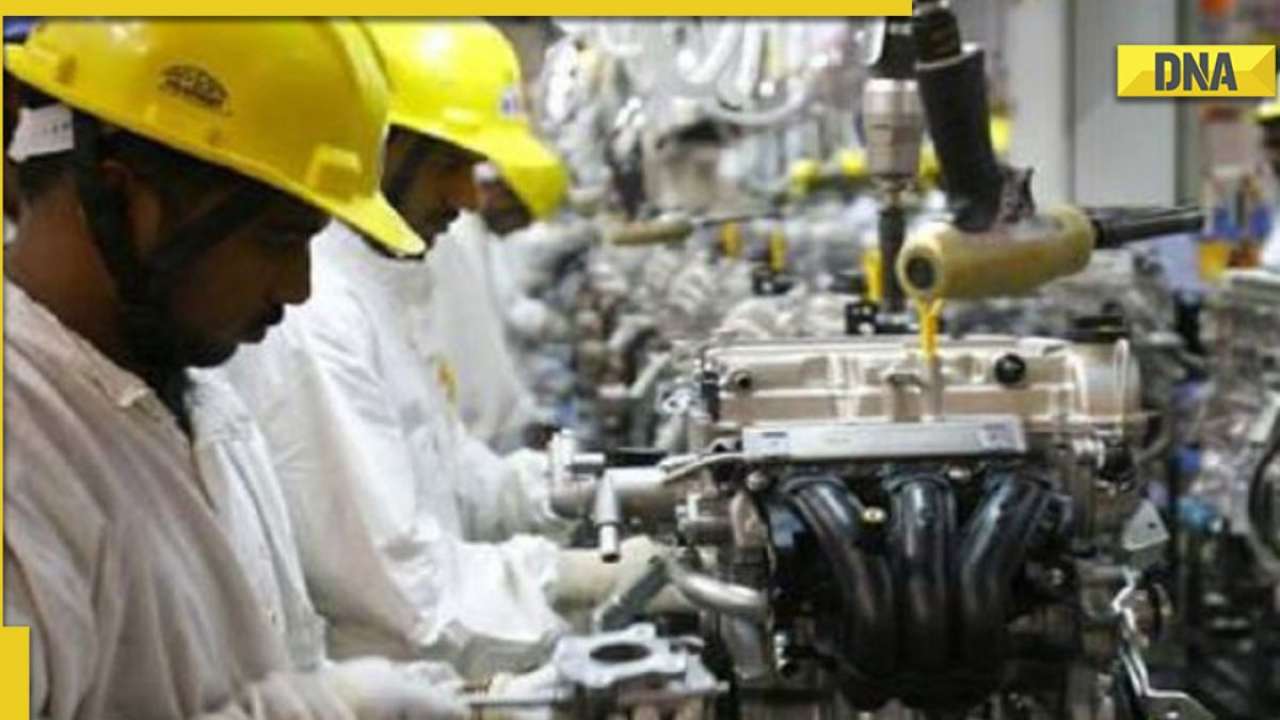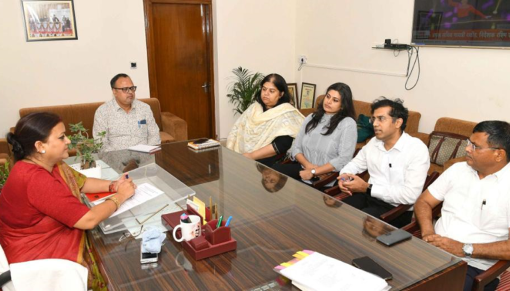The last quarter of 2015 marked the adoption of three big international agreements, The Sustainable Development Goals (SDGs); Trade Facilitation Agreement (TFA) and the Paris Agreement. Thus, the New Year – 2016 begins with great fervour and hope. The resolutions for the international community this year are more or less custom made – how to plan effectively to meet global commitments and achieve local targets. The world together has taken a leap into a promising 2016 to accomplish the ambitious goals set out to make development more sustainable. We have one extra day this year, to take that extra mile, to fulfil our commitments in lowering down global temperatures.
The recently concluded agreement at the 21st Conference of Parties, or COP21, reinforced the need to collectively act towards meeting global emission targets. The global climate agreement signed in Paris, commits to hold the global average temperature to “well below 2°C” above pre-industrial levels and to “pursue efforts to limit the temperature increase to 1.5°C”. According to climate change experts the world needs to move off fossil fuels by 2050 to achieve the 2 degrees celsius limit.
India, the third largest emitter of carbon dioxide after China and America, is an important player in meeting the target of zero net carbon emissions between 2030 and 2050. India’s stand on common but differential responsibility in the climate politics was also seen in the Paris Conference. Despite this, we acknowledge that it has become imperative for India to take corrective measures and respond to the global call for local action to prevent a climate crisis.
Citizens of Delhi pledging to make their city pollution Free with the sign – Volunteers for the government
Odd and Even Scheme in Delhi
In addition to the Prime Minister’s announcement of cutting carbon emissions by 2030 overall, the Delhi Government’s drive to reduce pollution by introducing new measures in cutting down vehicular emissions comes at an opportune time. While several oppose to the proposed measure of allowing vehicles with odd and even number plates to ply only on alternate days, many intellectuals feel that introduction of such strict laws will help abate pollution which has increased beyond permissible limits in Delhi.
Delhi is the most polluted city in the world. Late last year the levels of Particulate Matter (PM) 2.5[1], the particle known to be most harmful to human health, were found to be 50 percent higher on Delhi roads at rush hour than during ambient air quality readings. Black carbon, a major pollutant, was found to be three times higher in Delhi. The experimental fifteen days of the odd/even formula, which started from 1st of Jan 2016, have shown obvious reduction in the vehicular traffic from many roads of Delhi. In addition, Delhi Government claims that levels of PM 2.5 have come down by 25-30% from the December 2015 monitored count. Despite these claims, there are many critiques of the scheme. The peak hour air quality readings presented, before and after the implementation of the scheme, are challenged on the basis of this year’s weather pattern, wind speed, temperatures, school holidays, etc.
Peak hour traffic on Delhi Roads during usual days
At such an early stage, it is hard to side with one opinion as there is merit in the argument presented by both sides, for and against. For such initiatives to be successful we not only need a comfortable and reliable public transportation systems but also stronger regulatory mechanisms. Government’s effort should be more on making an imperative shift from private to public transport rather than a forced transformation causing inconvenience to the public. The change needs to be brought over time, thus there is a need to focus on editing people’s choices toward a certain lifestyle. In other words, shifting consumer values from ownership to access.
Drivers of Change
At the same time, Government can adopt simpler drivers of change like introducing higher congestion taxes during peak hours, providing incentives to companies adopting flexible hours for their employees, encouraging car pooling by disallowing single passenger/driver car during office hours, well-connected & comfortable public transport system etc. In most European countries, this drive for choice editing has been termed as “pay-as-you-live” lifestyle, which adopts renting, sharing, gifting as a means to reduce per capita consumption.
Global civilisation has completed a full circle; with reduced resources, decision makers have to now reverse the growth curve. The continual demand for economic growth has always prompted countries to draft lenient environmental policies, much like how the critiques of Paris conference and the environmental activists’ world over, are describing the COP21 agreement. When our solutions to abate climate change or protect the Earth’s finite resources end with either development or growth, the failure is confirmed. We live on a finite planet with finite resources and one cannot envisage development without exploiting resources. Green Growth or Sustainable Development are incompatible as the world runs on a capitalist’s economy promoting higher consumption every year.
The problem we face today may not have a simple solution but a combination of many solutions. Decision makers as well as citizens, globally, have a vital role to play in reducing climate stress & environmental hazards simply by being informed and responsible. A way forward would be to adopt simple, innovative measures which necessarily only promotes lifestyle changes, especially from the rich in both the developing and the developed world.
Daljeet Kaur has a double Master’s degree in Environment and Sustainable Development from the DPU and Environmental Planning from School of Planning and Architecture, New Delhi. She has worked as a qualified planner and an architect for more than eight years at IPE Global Limited. Her interest lies in urban planning; urban reforms, environmental management; climate change and its mitigation & adaptation; knowledge management. Daljeet currently works as Associate Director, IPE Global an international development consulting group.




